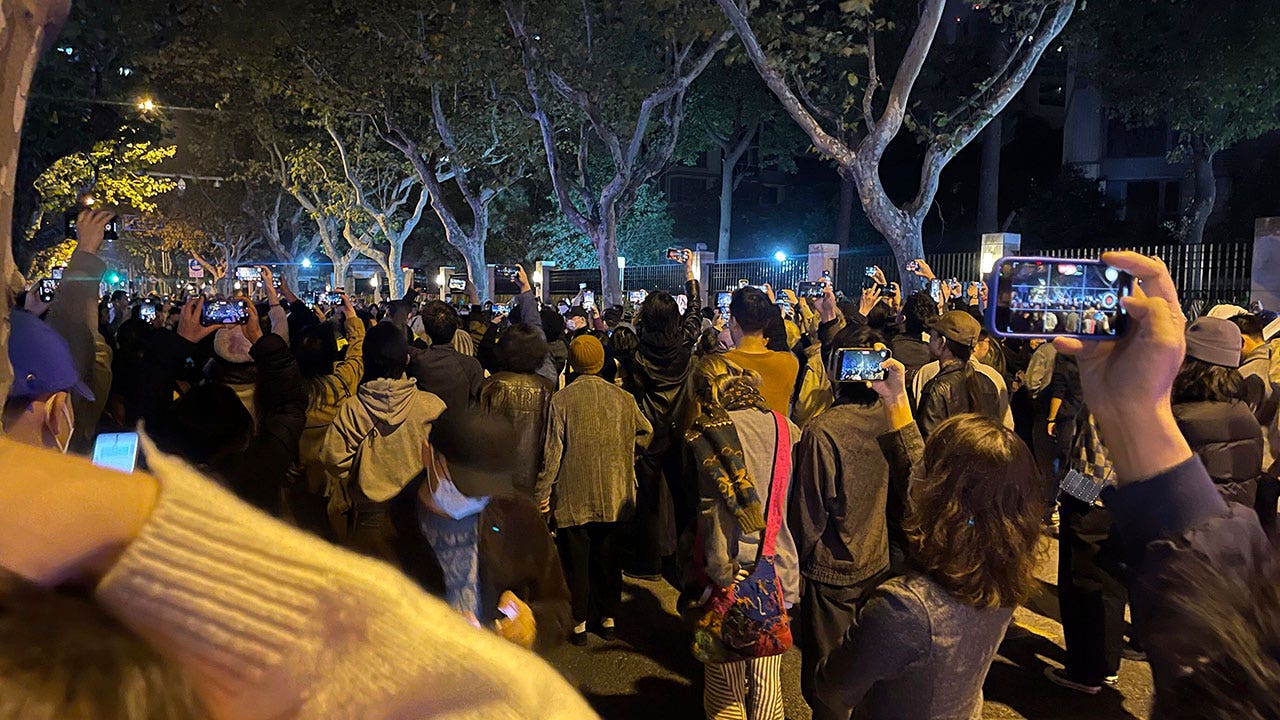The Biden administration has moved to quickly process migrants streaming across the immigration but has not been able to speed up the processing times for Afghan interpreters and other allies who assisted in America’s 20-year war effort.
The White House announced last month that it will speed up asylum claim processing for migrants at the southern border, claiming in a release that they are seeking to “fair, orderly and humane” immigration system after the Trump administration policies “unjustly prevent individuals from obtaining asylum.”
BUSH PRESS SECRETARY: BIDEN ‘ALL AROUND CLUELESS’ ON AFGHANISTAN
The new policy grants asylum officers full authority to rule on asylum cases, allowing migrants to bypass the federal immigration courts that often are backlogged and have long wait times.
The process will also allow for speedier deportations of those who do not qualify for asylum.
“Asylum and other legal migration pathways should remain available to those seeking protection. Those not seeking protection or who don’t qualify will be promptly removed to their countries of origin,” the plan reads.
But the administration has not afforded a more streamlined process to Afghan interpreters and other allies who served alongside U.S. troops during the 20-year war effort in conflicts, with many of them still stuck in the country as the Taliban takes control.
“We’re very happy with the bipartisan support from both sides of the aisle in the Congress,” James Miervaldis, chairman of No One Left Behind, told NPR last week. “But even with that unprecedented level of just interest and enthusiasm to get this right, the 14-step process was still taking about three and a half years. And obviously with the evacuation, that – we don’t have that time.”
CLICK HERE TO GET THE FOX NEWS APP
The long wait times have become even more frustrating amid the chaos in the Kabul, where desperate Afghans have been seen clinging to the sides of U.S. Air Force planes as they take off on evacuation flights.
Over 300,000 Afghans assisted the U.S. war effort in their country, with over 15,000 of those individuals and their families being resettled in the United States through the SIV program. Roughly 18,000 SIV applications are still pending as thousands attempt to flee the country.
 Iktodaypk Latest international news, sport and comment
Iktodaypk Latest international news, sport and comment






